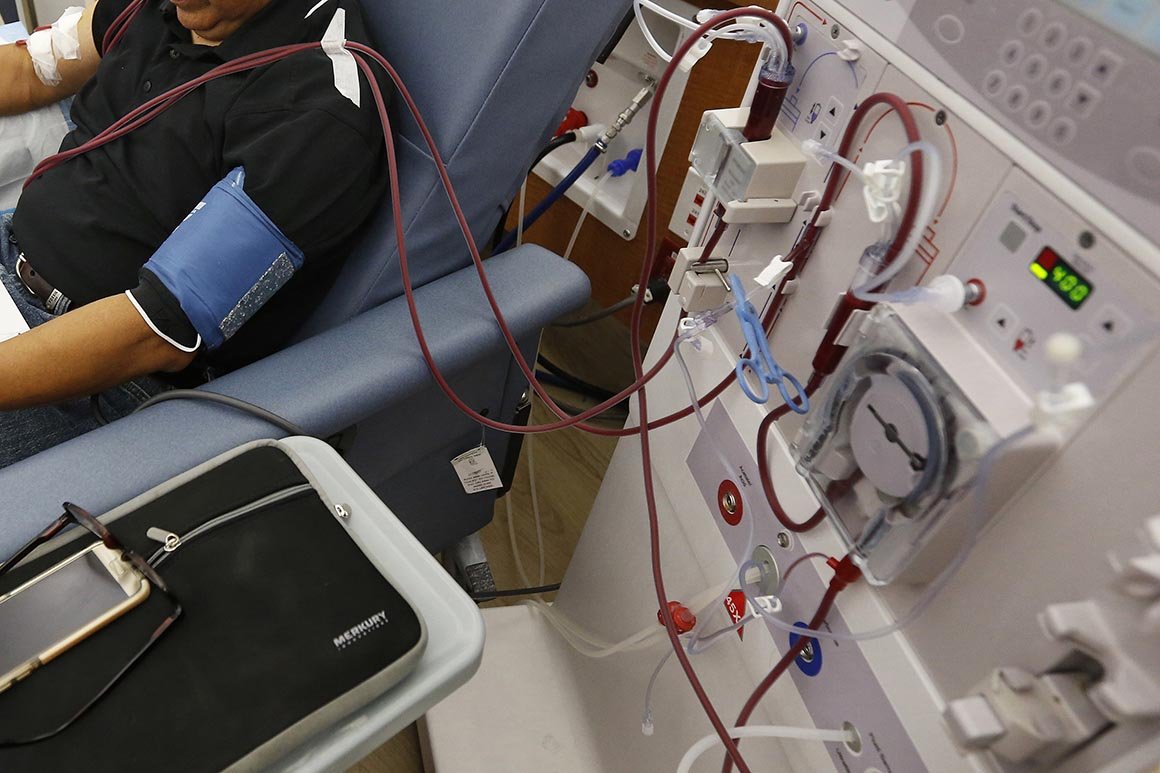Understanding Dialysis - A Complete Guide
Dialysis is the medical process that does the normal work of healthy kidneys in people with under-functioning kidneys. Under-functioning kidneys are unable to remove waste products, excess water and salts from the body including the blood; maintain the normal concentration of electrolytes in the blood; and regulate blood pressure. Dialysis can then perform a number of these functions for maintaining patients' health and quality of life.
When the kidneys function at only about 10-15%, and they can no longer clean waste products from the blood, excess water and other toxins, people know this condition as kidney failure or end-stage renal disease. Untreated, these toxic substances amass, and serious illnesses or death can result.
Dialysis is blood's passage through a filter. This filter, a dialyzer or an artificial kidney, removes some waste products by diffusion. A dialysis filter consists of thousands of tiny, hollow fibers, by which the blood passes. Waste products and excess fluid pass through the filter into another compartment, unlike blood cells and proteins which are not small enough to do so. Filtered blood returns to the body, maintaining the body's chemical balance and preventing harmful substance build-up.
Who Needs Dialysis?
Dialysis becomes necessary when kidney function falls below 10-15% of normal capacity. Common conditions that may lead to the need for dialysis include:
• Chronic diabetes, especially when poorly controlled over many years
• High blood pressure that damages kidney blood vessels over time
• Glomerulonephritis, an inflammation of the kidney's filtering units
• Polycystic kidney disease, an inherited disorder causing cysts in kidneys
• Prolonged obstruction of the urinary tract or recurrent kidney infections
The Benefits of Dialysis
Dialysis offers numerous life-enhancing benefits beyond simply removing waste products. It helps control blood pressure by removing excess fluid, prevents dangerous buildup of potassium and other electrolytes, reduces symptoms such as nausea and fatigue, and significantly improves overall quality of life. Many dialysis patients are able to continue working, traveling, and enjoying their favorite activities with proper treatment and lifestyle adjustments.
Looking Forward
While dialysis is a serious medical treatment, advances in technology and treatment protocols have made it increasingly effective and convenient. Many patients live full, active lives on dialysis for years or decades. Understanding the treatment, working closely with your healthcare team, and maintaining a positive outlook are key factors in achieving the best possible outcomes.

